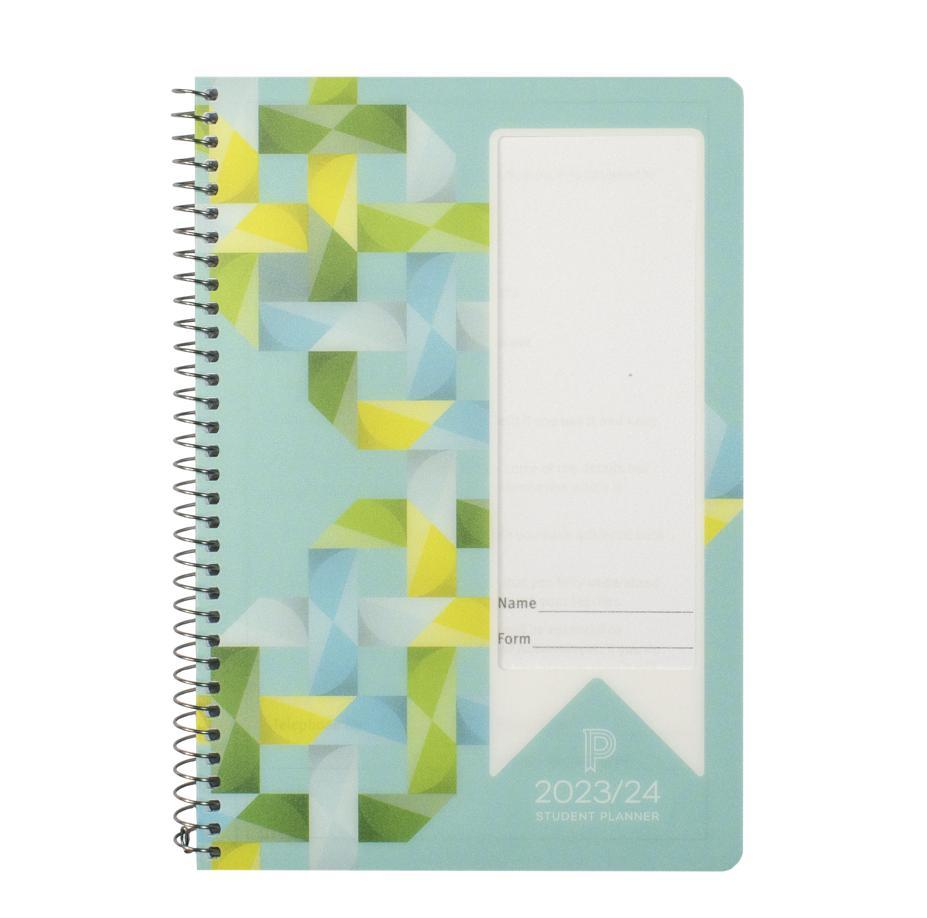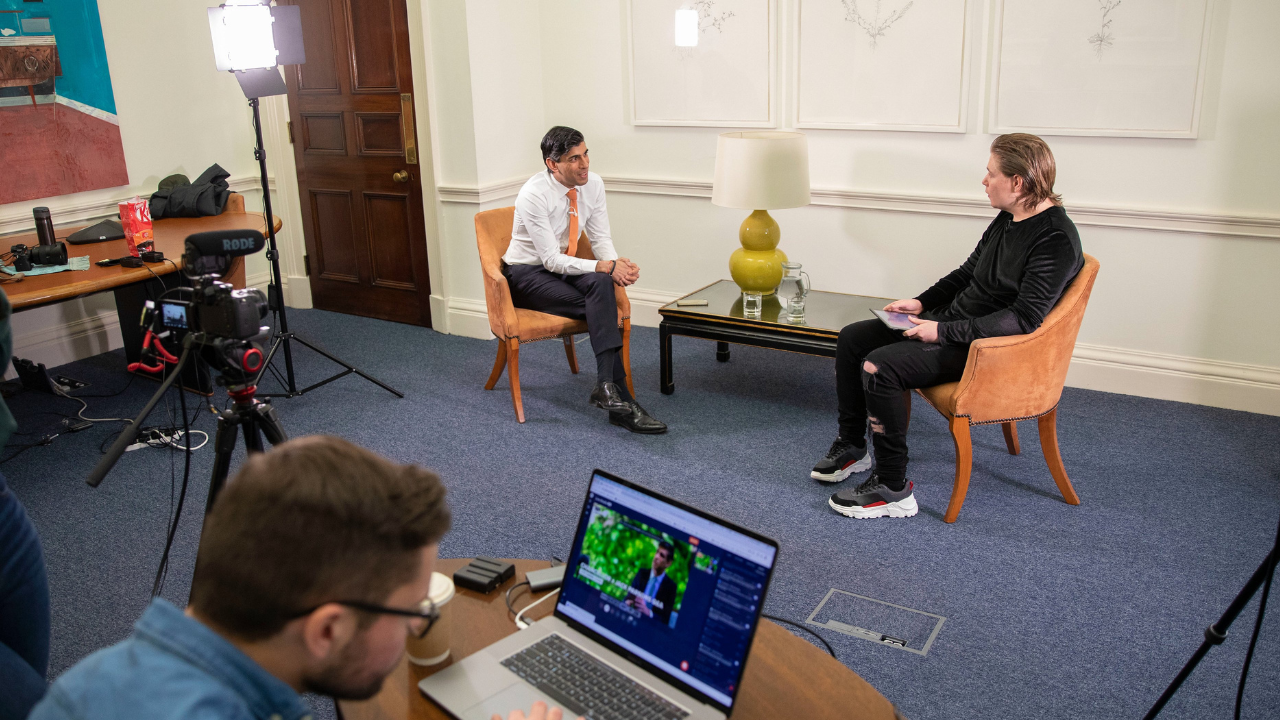- Nearly two-thirds of neurodivergent students hadn’t applied for support from the Disabled Students’ Allowance (DSA) either because they hadn’t heard about the allowance (32%) or didn’t know they were eligible (32%).
- Over a third of UK neurodivergent students who haven’t applied for the Disabled Students’ Allowance (DSA) fear being judged if they were to apply for DSA support
- A fifth (21%) of neurodivergent students who haven’t applied for the Disabled Students’ Allowance (DSA) did not know that neurodiversity was recognised as a disability when applying for the DSA
- Texthelp has supported over 70,000 neurodivergent students to meet the challenges of reading, writing, maths and study.
Global assistive technology company, Texthelp, has unveiled new research highlighting how neurodivergent university students feel about the support they receive through the Disabled Students’ Allowance.
Over half (52%) of UK neurodivergent students surveyed feel more could be done to increase awareness of neurodiversity within university, the media (54%) and amongst their peer groups (47%).
The survey interviewed and polled over 100 UK neurodivergent university students and it discovered that many were either not aware of or had not applied for the Disabled Students’ Allowance (DSA), despite being eligible.
Awareness of the DSA and who is eligible was highlighted as one of the biggest setbacks of applications. Almost a third (32%) of students surveyed who had not applied said they had not heard of the DSA. Similarly, 32% said they did not know that they were eligible for the allowance.
The survey questioned the wide range of reasons as to why students might not apply for DSA support. A third of students (33%) said that they feared judgement by their peers. And 30% of students said that they feared people would think they are not as smart as they are.
The results of the report are important, as three quarters (75%) of neurodivergent students said that DSA support (such as receiving assistive technology) would be beneficial[2] for their academic studies.
Increasing awareness of the DSA and who is eligible is key to ensuring neurodivergent students are able to access vital support and guidance. This will help eligible students to achieve their full potential at university.
Rick Bell, Head of Education at Texthelp said: “The findings from this survey have been incredibly insightful. They have highlighted what needs to be done to further support the needs and aspirations of neurodivergent university students
“These insights will help Texthelp to build on our intelligence, vision and knowledge of the DSA to provide a powerful suite of assistive tools for neurodivergent students.”
This survey and its findings are part of a wider awareness campaign titled, “Same but Different”, which aims to highlight the similar but distinctive brains of neurodivergent students from all around the nation.
To find out more about Texthelp, visit https://text.help/same-but-different






